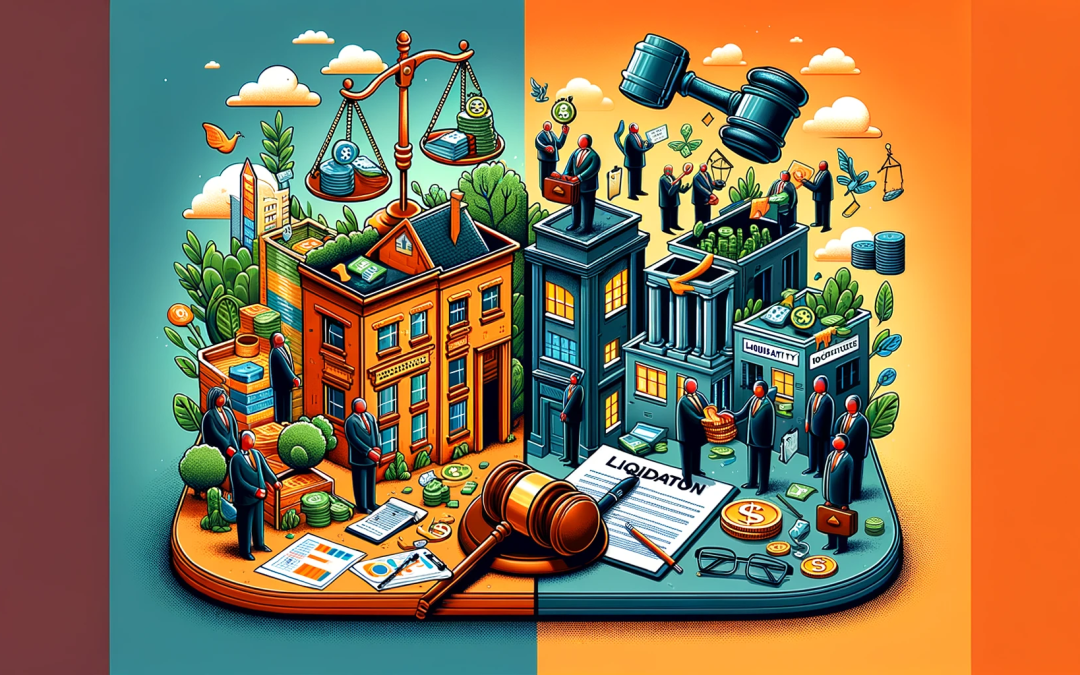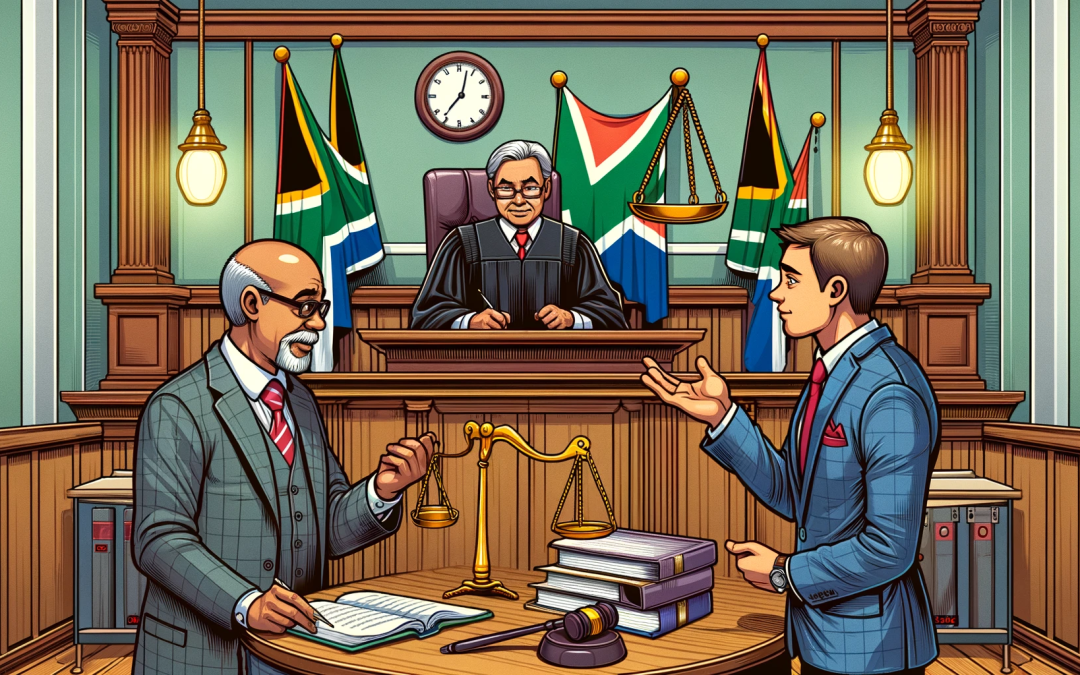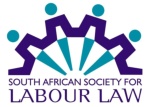What is the difference between an oral and written agreement between parties and why do attorneys always go on about needing a written agreement?
An oral agreement is an enforceable agreement between two parties, much like a written agreement. The difference between the oral agreement and written agreement is that it usually becomes an issue when either party defaults on his or her obligations in terms of the agreement.
Agreements are concluded in times when the parties are happy to do business with one another and no disputes are on the horizon. This means that, oral agreements usually do not specify what would happen if either party does not perform in terms of the agreement. What this results in is that, if one party does not perform, the other party is left to wonder what the recourse is and in addition, when referring the matter to a Court to deliberate, is left with no document to show to the Court what the agreement was.
As an illustration, here are some issues one may encounter when referring a dispute on an oral agreement to Court for deliberation:
- There is no black and white proof of what the agreement between the parties was. The defaulting party could tell the Court anything they choose to attempt to avoid judgment – bearing in mind that one is obliged to tell the truth in Court, however, we do know that some among us will not.
- The party who refers the matter to Court for deliberation will have to prove to Court that the agreement existed and what the terms of the agreement were.
- The party defending the action when a matter is referred to Court, will in all likelihood deny the terms of the agreement as contemplated by the other party. This will lead to a situation where the parties present mutually destructive versions of events to the Court and the Court is left with trying to ascertain which party’s version seems more believable. In cases where mutually destructive versions are presented to Court, the plaintiff bears the onus to prove his case, this means he has a bigger chance to fail at proving his case, than what the defendant has in judgment being granted against him.
- The referring party will most likely only be able to recover costs spent on a party and party scale- which is the scale that the Magistrate’s Court allows when there is no agreement to recover costs on an attorney and own client scale. The Magistrate’s Court scale is considerably lower, which means that the referring/aggrieved party will be grossly out of pocket in fees spent versus fees recovered.
- If the debtor is untraceable or avoids service of the summons, there will be no clause allowing the complaining party to serve the summons on an address chosen by that party whether he is present at that address or not. This means that the debtor may evade service and prevent the aggrieved party from referring the matter to Court. The aggrieved party may literally not even be able to take the defaulting party to Court.
The above list can carry on and on in presenting evidentiary issues with which the aggrieved party will be faced in attempting to prove his or her case to Court. Bearing this in mind, it seems like the obvious choice to rather capture the agreements between yourself and all other parties in writing than doing handshake agreements.
Drafting an agreement in the negotiation phase is usually a matter of business and no emotional attachment is made thereto. However, once a party is aggrieved in some way or form, even the simplest agreement becomes complicated to prove.
It is evident that the old saying of “if it’s not on paper it’s vapour” did not materialize of its own accord and that the preparation in the initial stages of the relationship could save you time, money and frustration in the long run.
Contact our offices to assist you in assessment, or drafting of agreements.









